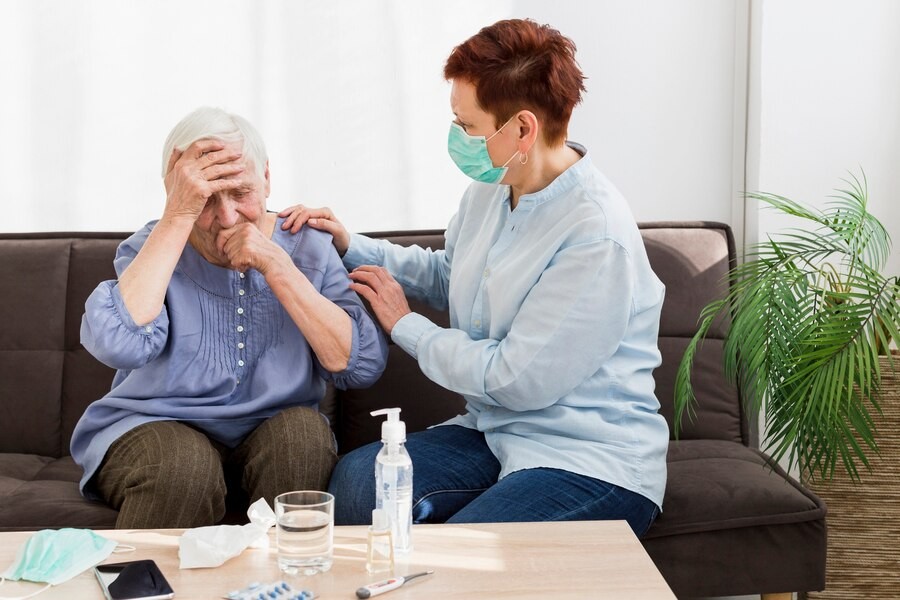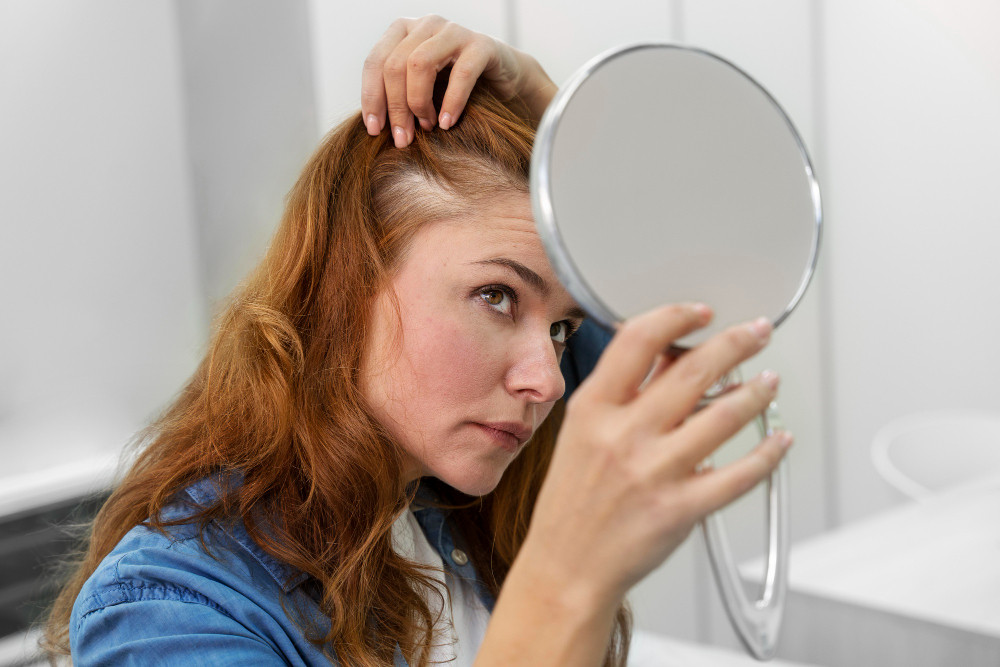Anda mungkin sering mendengar anjuran menggunakan sunscreen atau tabir surya untuk anak-anak dan orang dewasa. Menggunakan sunscreen penting untuk mencegah kulit dari kerusakan akibat paparan sinar matahari, yang dapat menyebabkan perubahan pada kulit seperti kulit yang terbakar (sunburn), diskolorasi kulit dan munculnya tanda penuaan dini.
Namun bagaimana dengan lansia? Apakah mereka tetap memerlukan sunscreen saat beraktivitas di luar rumah?
Apakah Lansia Masih Memerlukan Sunscreen?
Dilansir dari CDC, banyak lansia yang tidak menggunakan sunscreen saat beraktivitas di luar rumah dalam waktu lama ketika matahari sedang bersinar cerah. Hal ini dapat meningkatkan risiko mereka sebagai lansia untuk terkena kanker kulit. Terlebih lagi lansia yang berusia di atas 65 tahun memiliki risiko lebih tinggi untuk terkena kanker kulit dibanding kelompok usia lebih muda lainnya.
Sebagian besar kasus kanker kulit ditemukan pada lansia yang berusia di atas 65 tahun. Menurut data CDC, sebuah data yang dihimpun United States Cancer Statistics di tahun 2018 menunjukkan bahwa angka kasus baru melanoma (sejenis kanker kulit) terus meningkat, dengan kelompok usia paling tinggi terkena kanker kulit adalah usia 80-84 tahun. Hal ini perlu menjadi perhatian karena risiko kanker kulit dapat diturunkan sejak usia muda dengan menggunakan sunscreen.
Oleh karena itu, penggunaan sunscreen direkomendasikan untuk digunakan sejak dini secara rutin dan sebaiknya tetap digunakan seiring peningkatan usia. Untuk itu para lansia sebaiknya menggunakan sunscreen yang sesuai dengan jenis kulit dan aktivitas. Selain sunscreen, beberapa cara mengurangi kerusakan kulit akibat paparan sinar matahari dapat dilakukan dengan menggunakan pakaian panjang, topi dan kaca mata hitam saat di luar rumah atau berteduh ketika cuaca terik.
Baca Juga: Sejak Usia Berapa Anak-Anak Perlu Menggunakan Sunscreen?
Bahaya Paparan Sinar Ultraviolet bagi Kulit
Tujuan utama penggunaan sunscreen adalah untuk menghindari kulit dari paparan sinar matahari. Sinar matahari adalah sumber terbesar dari radiasi sinar UV, sinar UV dapat diklasifikasikan menjadi 3, yaitu UVA (gelombang terpanjang), UVB (gelombang sedang) dan UVC (gelombang terpendek). Dalam sinar matahari yang memasuki atmosfer bumi, terdapat sinar UVA dan UVB yang masing-masing dapat mengganggu kesehatan kulit.
Pada kulit, paparan sinar UVA dapat menyebabkan kulit mengalami sunburn dan kecoklatan. Sinar ini menyerang lapisan kulit dalam hingga menembus lapisan dermis kulit. Efek samping yang dapat terlihat dalam jangka panjang adalah tanda penuaan dini seperti kerutan serta peningkatan risiko kanker kulit.
Sedangkan pada sinar UVB yang memiliki kekuatan energi dan gelombang sedang, dapat menyerang lapisan kulit paling luar. Pada jangka pendek paparan UVB dapat menyebabkan sunburn, kulit melepuh dan kecoklatan. Dalam jangka panjang, paparan sinar UVB juga dapat menyebabkan kanker kulit dan penuaan dini.
Baca Juga: Sunscreen Gel, Spray, dan Losion, Mana yang Paling Baik untuk Kulit?
Tips Memilih Sunscreen bagi Lansia
Dalam memilih sunscreen terutama bagi lansia, ada beberapa faktor yang perlu dipertimbangkan seperti jenis kulit, kondisi kulit, jenis sunscreen, bahan aktif yang ditambahkan dalam sunscreen dan jumlah SPF.
Umumnya SPF pada tabir surya bervariasi, mulai dari 15 hingga 50 ke atas. Untuk sehari-hari, Anda bisa menggunakan tabir surya dengan SPF minumal 30. Apabila Anda menghabiskan waktu cukup lama di luar ruangan dan menerima paparan sinar matahari terik maka sebaiknya gunakan SPF 50.
Anda juga perlu mempertimbangkan jenis kulit. Lansia umumnya memiliki kulit lebih kering sehingga jenis sunscreen yang dianjurkan adalah yang berbahan krim.
Lansia tetap membutuhkan sunscreen untuk melindungi kulit dari kerusakan akibat paparan sinar matahari. Pilihlah jenis sunscreen yang sesuai dengan jenis kulit dan aktivitas Anda. Jika memiliki pertanyaan seputar kesehatan, gunakan aplikasi AI Care yang dapat diunduh dari ponsel Anda.
Mau tahu informasi seputar penyakit lainnya? Cek di sini, ya!
- dr Hanifa Rahma
CDC. Many Older Adults Don’t Protect Their Skin from the Sun. Available from: https://www.cdc.gov/cancer/dcpc/research/articles/older-adults-protect-skin-sun.htm#
John Hopkins Medicine. Sunscreen and Your Morning Routine. Available from: https://www.hopkinsmedicine.org/health/wellness-and-prevention/sunscreen-and-your-morning-routine
American Academy of Dermatology. Available from: https://www.aad.org/media/stats-sunscreen#
White, T. (2022). Do You Really Need Sunscreen Every Day?. Available from: https://www.healthline.com/health/sunscreen-explained












